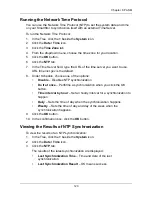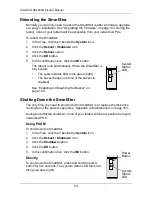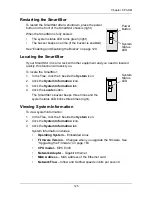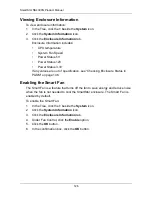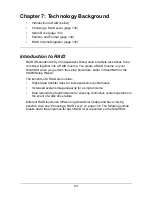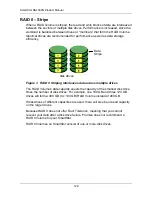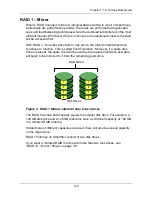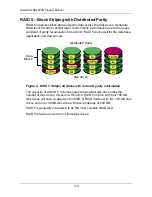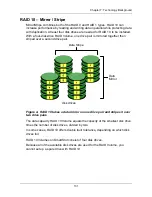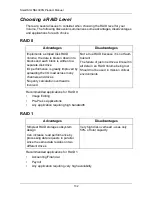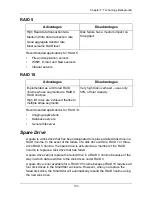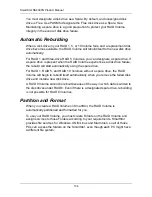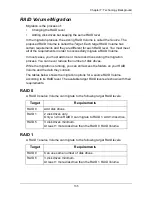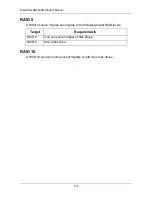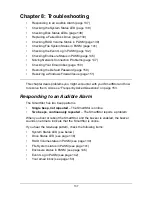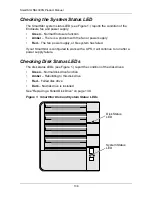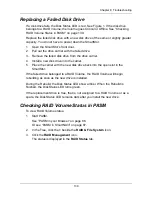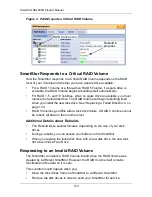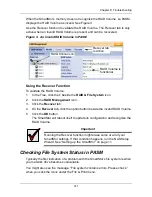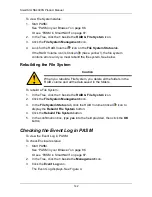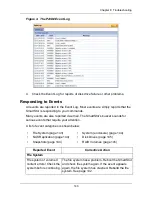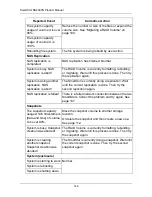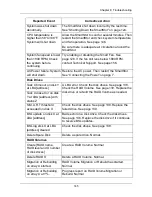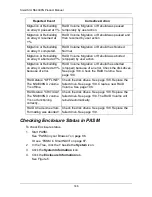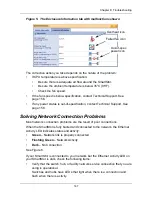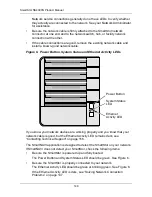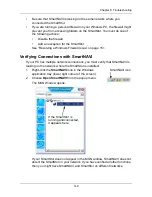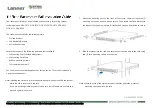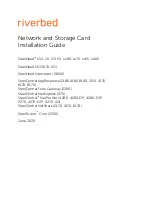
SmartStor NS4300N Product Manual
134
You must designate a disk drive as a Spare. By default, and unassigned disk
drive is Free. Use PASM to designate the Free disk drive as a Spare. See
Maintaining a spare drive is a good precaution to protect your RAID Volume
integrity in the event of disk drive failure.
Automatic Rebuilding
When a disk drive in your RAID 1, 5, or 10 Volume fails, and a replacement disk
drive becomes available, the RAID Volume will rebuild itself to the new disk drive
automatically.
For RAID 1 and three-drive RAID 5 Volumes, you can designate a spare drive. If
a spare drive is present when the RAID Volume experiences a disk drive failure,
the rebuild will start automatically using the spare drive.
For RAID 1, RAID 5, and RAID 10 Volumes without a spare drive, the RAID
Volume will begin to rebuild itself automatically when you remove the failed disk
drive and install a new disk drive.
A RAID 0 Volume cannot be rebuilt because of the way in which data is written to
the disk drives under RAID 0. Even if there is a designated spare drive, rebuilding
is not possible for RAID 0 Volumes.
Partition and Format
When you create a RAID Volume on SmartStor, the RAID Volume is
automatically partitioned and formatted for you.
To use your RAID Volume, you must create Folders on the RAID Volume and
assign services to those Folders according to your requirements. SmartStor
provides file services for Windows, UNIX/Linux and Macintosh, so all of those
PCs can access the folders on the SmartStor, even though each PC might have
a different file system.




